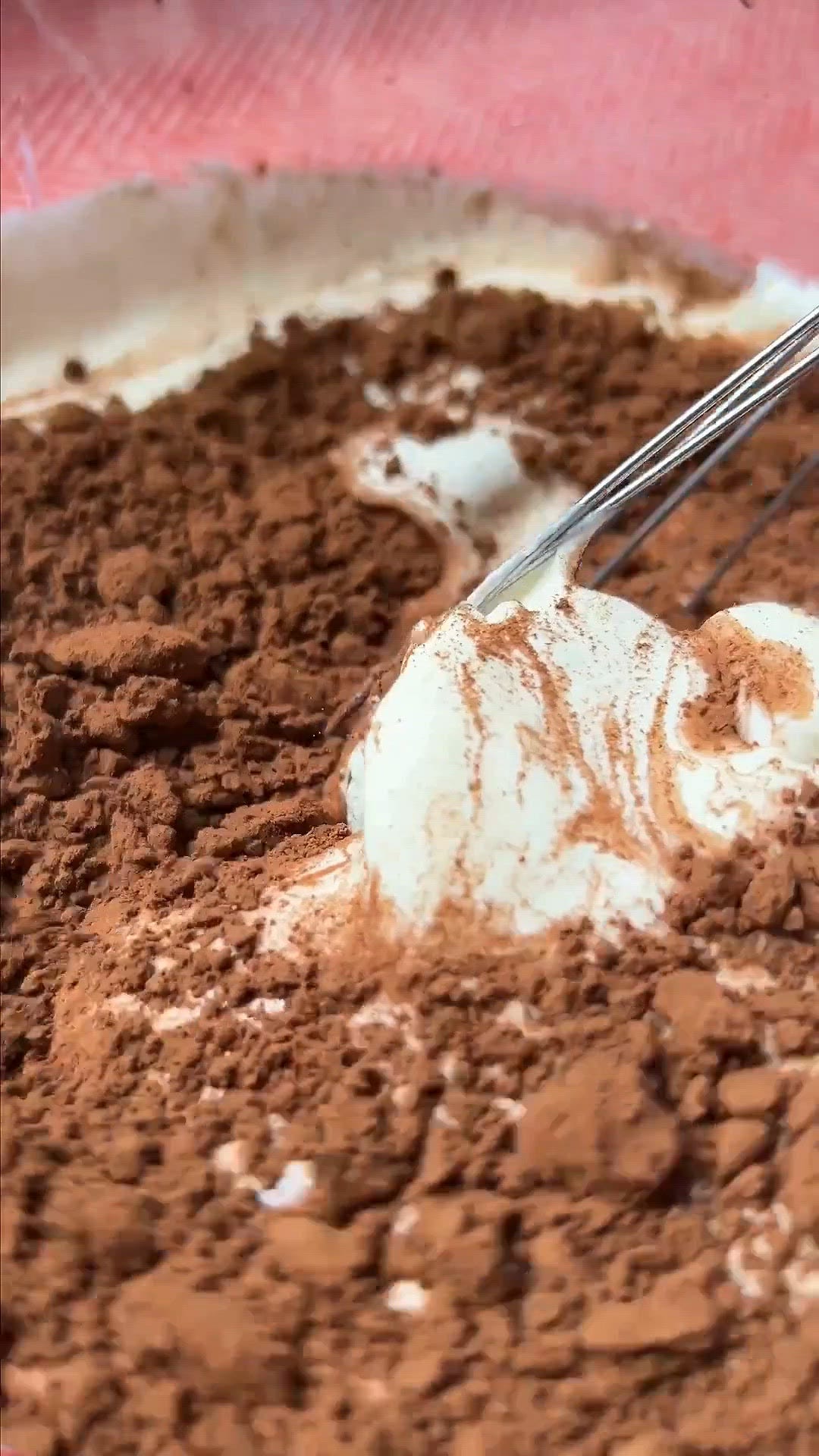Are you often struggling to finish an entire bag of carrots before they begin to rot in the bottom of your fridge? Do you tend to throw away the stragglers? Do you chuck the floppy, lifeless ones into stews and soups then realise they don't taste their best? If the answer is yes, then this is the advice for you.
Carrots are so simple to freeze if you follow the advice below, so avoid food waste and always have vibrant and tasty carrots to hand.
Can you freeze raw carrots without blanching?
It might be tempting to chuck your raw carrots into the freezer as is, however, in order to lock in and preserve taste, colour and nutrients, it's important to blanch them (cook briefly in boiling water) first. Make sure your carrots are looking crisp and blemish free. We don't recommend freezing carrots that are past their best. Bear in mind, when you freeze something, you get out what you put in. Freezing won't improve the quality of the ingredient!
What to read next
How to prepare your carrots for freezing
- Peel or scrub your carrots (whichever you'd normally do before cooking fresh, remember the skins have lots of nutrients), chop them into manageable/useful sized pieces and cook them in boiling water for 3-5min, depending on the size, until just al dente.
- Drain well and then plunge them into ice cold water to quickly stop the cooking process. Drain them again and pat dry using a clean tea towel or kitchen roll.
- Once dry, space apart on a baking sheet lined with baking parchment and open freeze. Once frozen solid (around 2hr), tip into to a sealable freezer bag or airtight container and freeze.
How long can you store frozen carrots?
Once you've followed the tips above for blanching and freezing your carrots you can store them in the freezer for up to 3 months.
How to use frozen carrots
Because their high water content causes them to soften substantially on defrosting, carrots are best used straight from frozen, rather than defrosting them first. Add them to stews, casseroles, curries and soups straight from the freezer.
If you want to eat them by themselves, boil, steam or pan-fry them, until defrosted and heated through.
Want more freezer advice?
We have plenty more freezing advice, from rhubarb to milk and stock to meat. If you are looking for recipes to batch cook and freeze, then look no further than our collection of freezer meals for some delicious inspiration.
A crack team of highly skilled food content producers, the GH Kitchen Team are Good Housekeeping’s resident recipe developers and all-round food obsessives. GH Kitchen Director Sarah Akhurst is our resident hosting pro and loves nothing more than putting on a foodie feast for friends. Senior Cookery Writer Alice Shields is a former pastry chef and baking fanatic who loves making bread and would have peanut butter with everything if she could. Lover of all things savoury, Senior Cookery Writer Grace Evans can be found eating nocellara olives at every opportunity, and will take the cheeseboard over dessert any time. With a wealth of professional kitchen experience between them, they’re dedicated to ensuring every Good Housekeeping recipe is the best it can be, so you can trust they’ll work every single time.















